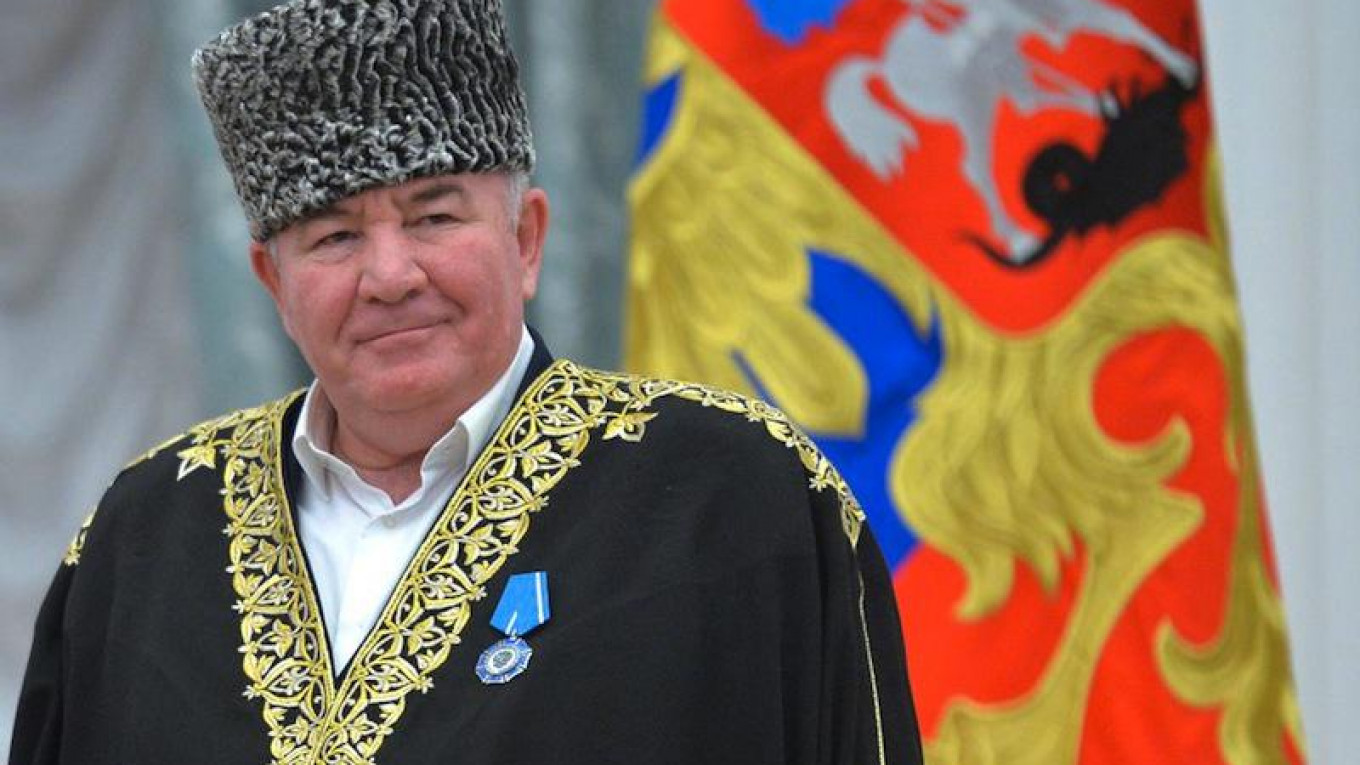An Islamic cleric from Russia’s North Caucasus has called for all Russian women to undergo female genital mutilation (FGM), the Fontanka news website reported Wednesday.
Ismail Berdiev, a member of the Presidential Council for Cooperation with Religious Communities, said that FGM was needed to combat "sexual immorality."
“All women must be cut, so that there will be no depravity on Earth,” said Berdiev, who also admitted that FGM was not part of Islam. “It would be good if this was done to every woman."
He also claimed that the act had no effect on women's ability to give birth, despite medical evidence that women who have undergone FGM are more likely to experience fertility problems and complications during childbirth.
"The Almighty created women to give birth and raise children, but cutting them has nothing to do with this,” he said. “Women will still birth children but there will be less depravity.”
Berdiev’s comments sparked an angry backlash on social media. Berdiev later chose to "clarify his comments," claiming that he had not called for all women to undergo FGM, but highlighted that "depravity was a problem about which something had to be done."
The Rights Initiative human rights foundation published a report earlier this week on the practice of FGM in the Russian republic of Dagestan. The study identified that the practice was taking place predominantly in five mountainous areas of the republic, where the operation is normally carried out on girls under the age of three. On rare occasions, girls as old as twelve had also been subjected to the operation, the report found.
FGM is an internationally recognized crime, with the practice predominantly being carried out in northern Africa. As well as being at a higher risk of maternal mortality, women who have undergone FGM often report difficulty urinating and passing menstrual flow, chronic pain, and psychological trauma.
A Message from The Moscow Times:
Dear readers,
We are facing unprecedented challenges. Russia's Prosecutor General's Office has designated The Moscow Times as an "undesirable" organization, criminalizing our work and putting our staff at risk of prosecution. This follows our earlier unjust labeling as a "foreign agent."
These actions are direct attempts to silence independent journalism in Russia. The authorities claim our work "discredits the decisions of the Russian leadership." We see things differently: we strive to provide accurate, unbiased reporting on Russia.
We, the journalists of The Moscow Times, refuse to be silenced. But to continue our work, we need your help.
Your support, no matter how small, makes a world of difference. If you can, please support us monthly starting from just $2. It's quick to set up, and every contribution makes a significant impact.
By supporting The Moscow Times, you're defending open, independent journalism in the face of repression. Thank you for standing with us.
Remind me later.






